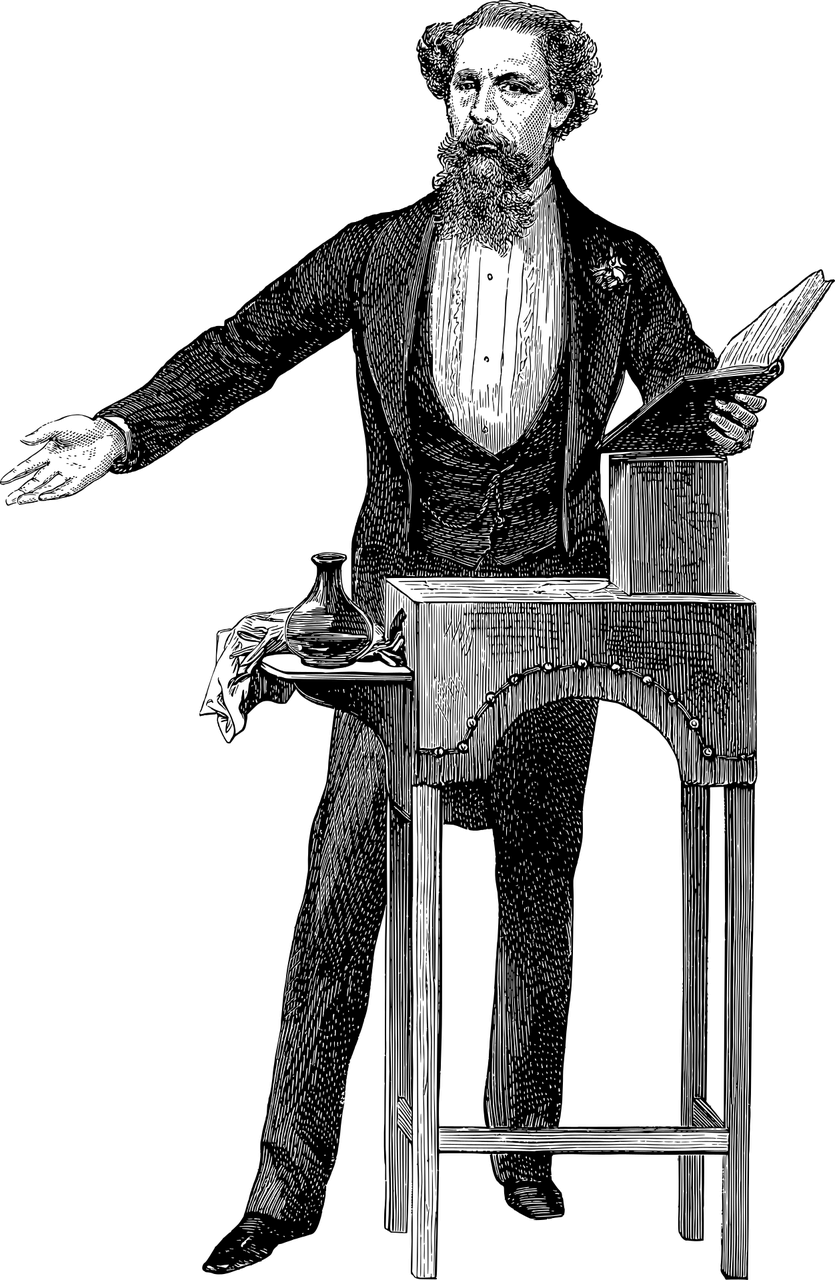Homers Odyssey: A Timeless Epic Journey

Introduction:
Homer’s Odyssey, an ancient Greek epic poem, has captured the imaginations of readers for centuries. It is a captivating tale of adventure, heroism, and the struggle for survival. In this article, we will delve deeper into the intricacies of the Odyssey, exploring its historical significance and timeless appeal. Whether you are a lover of literature or simply curious about this renowned work, this article is a comprehensive guide to understanding and appreciating the Odyssey.
Historical Development:

The Odyssey, believed to have been written by the Greek poet Homer in the 8th century BCE, recounts the ten-year journey of the hero Odysseus as he endeavors to return home after the Trojan War. The poem is widely regarded as one of the greatest works of Western literature and has influenced countless writers and thinkers throughout the centuries.
Over time, the Odyssey has undergone various transformations and interpretations. It has been translated into multiple languages and adapted into different forms of art, such as theater, opera, and film. Notably, it has served as a rich source of inspiration for numerous literary works and continues to hold a prominent place in popular culture.
Key Aspects and Themes:
The Odyssey encompasses a range of themes that resonate with readers even today. It explores the concepts of heroism, loyalty, and perseverance, as well as the human desire for adventure and discovery. Odysseus, the protagonist, must overcome countless obstacles, both physical and psychological, in his quest to reunite with his family and reclaim his kingdom.
The poem also delves into the complexities of human nature, portraying characters with both admirable qualities and flaws. The gods and goddesses play a significant role in the Odyssey, influencing the fates of mortals and serving as a reflection of the moral choices characters face along their journeys.
Structural Analysis:
The Odyssey is structurally divided into twenty-four books, each depicting a different stage of Odysseus’ odyssey. It begins with an invocation to the muse and unfolds through a combination of flashbacks, dialogues, and descriptive passages. Homer skillfully interweaves various narrative techniques to create a multi-layered and engaging story.
Featuring snippets:
Below are some key points to remember about Homer’s Odyssey:
– The Odyssey, authored by Homer in the 8th century BCE, narrates the incredible journey of Odysseus.
– It is one of the most influential works in the Western literary canon, exploring themes like heroism, loyalty, and the human condition.
– The Odyssey has undergone several interpretations and adaptations throughout history, demonstrating its timelessness.
– This epic poem consists of twenty-four books, each portraying a different aspect of Odysseus’ adventure.
Conclusion:
Homer’s Odyssey transcends time and remains an enduring masterpiece of literature. Its universal themes and compelling storytelling continue to capture the hearts and minds of readers worldwide. Whether you are a fan of classical mythology or simply appreciate a captivating tale, the Odyssey is a must-read for all those seeking an unforgettable literary experience.
References:
– Homer. The Odyssey. Translated by Robert Fagles, Viking Press, 1996.
– Powell, Barry B. Homer. Oxford University Press, 2014.
FAQ
Who wrote the Odyssey?
What are the main themes explored in the Odyssey?
How is the Odyssey structured?
Flere Nyheder
Klaus Rifbjerg Bøger: En Dybdegående Kig på et Litterært Mesterstykke
Introduction: Homer’s Odyssey, an ancient Greek epic poem, has captured the imaginations of readers for centuries. It is a captivating tale of adventure, heroism, and the struggle for survival. In this article, we will delve deeper into the int...
Peter Mortensen
18 januar 2024
Jeppe Aakjær, en af Danmarks mest kendte forfattere og digtere, er også kendt for sine smukke sange
Introduction: Homer’s Odyssey, an ancient Greek epic poem, has captured the imaginations of readers for centuries. It is a captivating tale of adventure, heroism, and the struggle for survival. In this article, we will delve deeper into the int...
Peter Mortensen
18 januar 2024
Peter Høeg er en af Danmarks mest populære forfattere, kendt for sine spændende og tankevækkende bøger
Introduction: Homer’s Odyssey, an ancient Greek epic poem, has captured the imaginations of readers for centuries. It is a captivating tale of adventure, heroism, and the struggle for survival. In this article, we will delve deeper into the int...
Peter Mortensen
18 januar 2024











